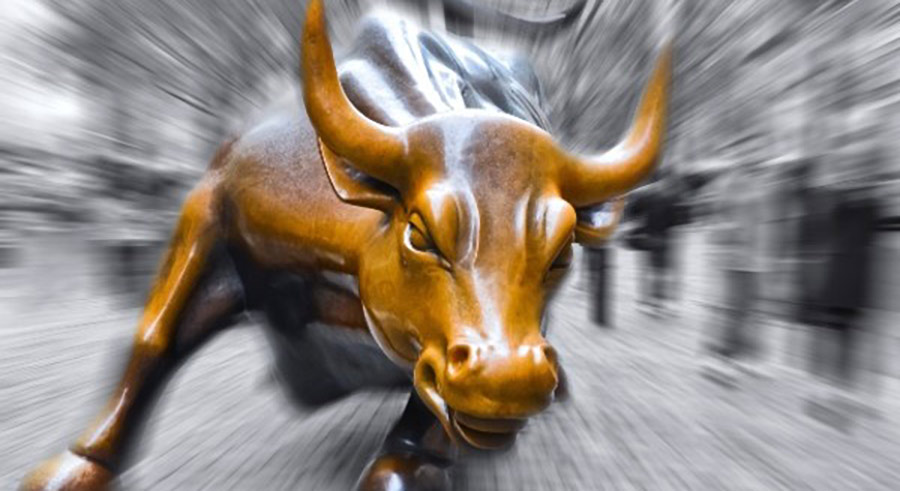One of the key audiences during a crisis are your shareholders. But what happens when the shareholders become the crisis?
This month has seen a highly unusual, perhaps unprecedented, event on the US stock market as traditional Wall St. hedge funds have gone toe-to-toe with amateur traders over the most unlikely of targets – Gamestop.
For those who are unaware, Gamestop is a publicly traded gaming and merchandise store based in the US. It has been described as ‘failing’ by one big investor and as a result was one of the most heavily ‘shorted’ stocks on Wall Street.
The concept of shorting stocks is probably one unfamiliar to most of us who are not financial experts – but it essentially means that large investors borrow stocks off one party, sell them for one price, say $10, and then when the price has dropped, buy them back at say $5 dollars. They then return the stocks to the original party and pocket the difference. Simple.
Except, social media had different ideas. Amateur trading is not new – there are a plethora of new apps and companies that offer to open the door to the average Joe to begin trading without the initial deposits or broker fees that have traditionally barred entry. This ‘democratisation’ of trading has led to a number of people trying their hand at stock market speculation, and indeed those who do have developed an online community to swap hints and tips.
And so, on Reddit, billed as the front page of the internet where you can discuss medical diagnoses to sports results, amateur traders discussed the prospect of investing in Gamestop. As one of the most shorted stocks on Wall St, the plan was simple: Buy as many shares as possible to inflate share price, forcing hedge funds to buy back shares not at a loss as they intended but instead at a profit to avoid losing vast sums of money. In turn, they would make money as the rush to buy back shares inflated prices even more.
The success of this internet scheme has been unimaginable. From a low of $17.25 on 4 January, the share price in Gamestop peaked at $347.51 on 27 January.
In response, some online platforms popular with amateur traders such as Robinhood ceased trading Gamestop shares. This led to a monumental online backlash accusing them of favouring Wall St. giants when it suited them and questioning their loyalty to their customers. They were forced swiftly into a U-turn, but not before they had managed to sustain substantial reputational damage.
But that’s not all. In crisis communications, one of the things we are often concerned about is when an incident becomes high-profile enough to start involving regulators and politicians. In the wake of any crisis, third-party authorities must be seen to be taking action. Regulators everywhere have had their say on the issue, warning investors of the risks of trading volatile stocks and reminding everyone that they must play by the rules. Political enemies from ends of the economic spectrum, that would never normally meet, have come together to express concern that stock market rules have been un-equally applied to amateurs versus Wall St.
And what of Gamestop itself? Well, for the moment, it appears it’s caught in an issue far greater than itself. What started as a relatively niche internet thread has now become one of the world’s largest stories and a conclusion to the saga is not yet in sight. Satisfying shareholders during a crisis is one thing. But when the crisis is the battle to become your shareholders, well that’s another problem entirely.








